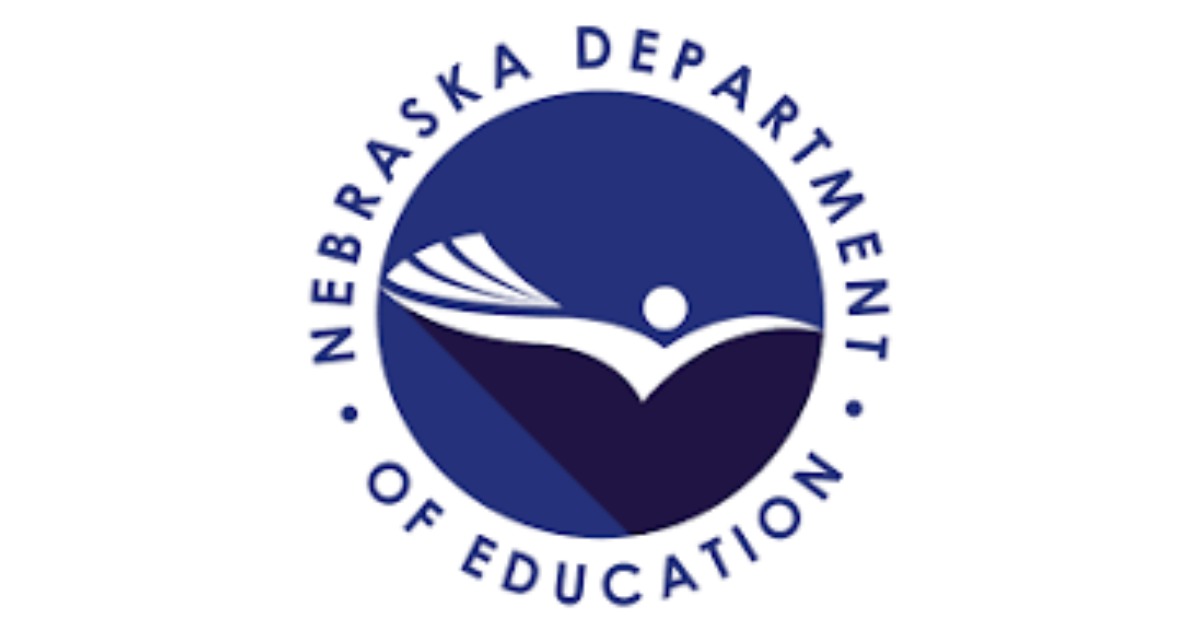Significant Gains in Science Highlight Statewide Assessment and Accountability Results

The Nebraska Department of Education (NDE) released the Nebraska Student-Centered Assessment System (NSCAS) results and the Accountability for a Quality Education System Today and Tomorrow, or AQuESTT classifications today. Both reports provide insight into how students are performing academically on Nebraska’s state standards.
NSCAS English Language Arts (ELA), Mathematics and Science are rigorous assessments with high expectations for postsecondary readiness. NSCAS ELA and Mathematics are given in grades three through eight. NSCAS science assessments are given in fifth and eighth grades and Nebraska juniors take the ACT assessment.
The following are among the key findings from this year’s NSCAS:
-80% of Nebraska students in grades 5 and 8 were proficient on the NSCAS Science assessment (performing at the On Track or Advanced level). This is a six-point improvement from last year.
-59% of Nebraska students in grades 3-8 were considered proficient in English Language Arts.
-58% of Nebraska students in grades 3-8 were proficient in Math.
-At the high school level, Nebraska’s juniors were 43% proficient in ELA, 41% in Math, and 48% in Science.
“This six-point leap in science scores for students in grades 3 through 8 is a powerful testament to the impact of high-quality instructional materials and the incredible dedication of our educators,” said Commissioner Brian Maher. “When we align our resources with state standards and combine that with the hard work of our teachers and students, the result is measurable success. This improvement is a victory for every classroom and a major step forward for science education across the state.”
In addition to assessment results, Nebraska released accountability ratings. State and federal law require the NDE to annually classify and designate schools to provide signals for specific supports. Nebraska’s system, AQuESTT - helps ensure all students across all backgrounds and circumstances have access to a wide range of learning opportunities. AQuESTT annually classifies schools and districts as Excellent, Great, Good, and Needs Support to Improve.
A breakdown of classifications indicated that 327 (29.8 percent) of schools were classified as Excellent, 393 (35.9 percent) were Great, 293 (26.7 percent) were Good, and 83 (7.6 percent) were designated as Needs Support to Improve. This is an increase of 38 (3.5 percent) schools in the highest two classification levels from 2024. 81 school classifications were positively impacted by a reduction in chronic absenteeism. You can learn more about the work schools are doing in this area in a previous news release online.
This is the final year of using the current classification system. There will be changes in 2026 intended to improve transparency and be more meaningful for continuous improvement.
Additionally, the NDE designates schools as Targeted Support and Improvement (TSI) annually, and Comprehensive Support and Improvement (CSI), and Additional Targeted Support and Improvement (ATSI) every three years. This year, 153 student groups in 119 schools were identified as TSI. For CSI and ATSI, after three years from initial designation, schools are eligible to exit. This year, 52 student groups in 37 schools exited ATSI and 3 schools exited the CSI designation this year. Exit criteria for these schools focus on improvement of designation year scores, and may include improving student academic proficiency on ELA, math, and science assessments, reducing chronic absenteeism, and increasing graduation rates.
More information on assessment and accountability results can be found on the Nebraska Education Profile, nep.education.ne.gov.
Video of the Commissioner’s News Conference is available for download here:
